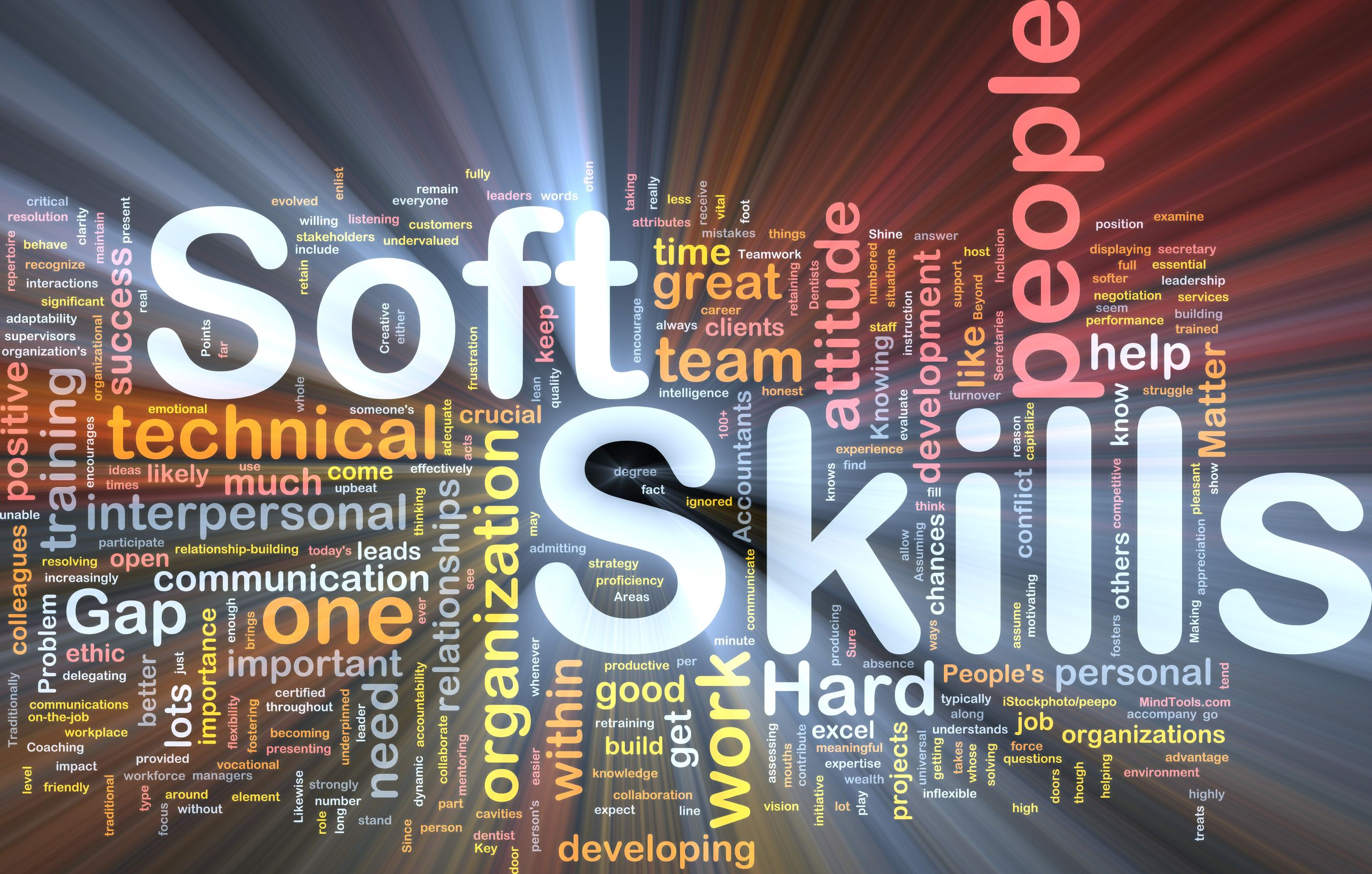We all would like to know what skills we have to help us with the right career options, we also like to know how the skills we have work out for us and to identify what skill or knowledge gaps that can be addressed with further training.
What are skills?
A skill is the ability to do something. More important to know is that we are not born with skills, we learn them as we go along – through the life and work experiences that we have.
You don’t always know something is a skill till we do it’
A skill varies from simplicity like tying a knot, or more complex, such as writing a computer program. They may have been developed through work, study or training, recreational and community activities, or in the home.
The question that arises is do we know what skills we have? Do we know how to present them during an interview or on our resume? Do you know what employers are looking for?
Here’s the scoop. There are two types of skills.
Hard skills that are specific, unique, sometimes technical activities that a person has acquired and can do well. These may include being able to:
- Do precise, detailed and accurate work (i.e. carpenter).
- Analyse, evaluate and solve problems (i.e. accountant).
- Drive vehicles and use equipment (i.e. driver).
- Organize and co-ordinate activities and other people (i.e. coordinator).
- Do repetitive tasks competently and reliably (i.e. telephone operator).
- Communicate clearly in writing and orally (i.e. secretary or administrator).
- Sell products or services (i.e. sales).
Soft skills are qualities and strengths that are specific to the individual and are in greater demand than job seekers believe. Every employer wants employees to have these skills, and they make hiring decisions based on if the candidate has them! If ignored, the candidate will not get hired. These may include being able to:
- Readily take responsibility.
- Persuade and influence others.
- Adapt easily to a wide range of activities and unexpected changes.
- Perform work under stressful conditions.
In this day and age most employers when recruiting will look at the following list:
- Personal chemistry with the supervisor and other team members.
- Commitment to life-long learning.
- Relating to co-workers in a close environment.
- Being friendly with fellow employees, supervisors, and customers.
Let’s start by defining some terms. According to Wikipedia, soft skills refer to the “cluster of personality traits, social styles, and facility with language, personal habits, friendliness, and optimism that mark people to varying degrees.” Simply put, soft skills can be “likeability” or “how well you fit in”. Some call them “people skills” and others simply think it’s all about attitude. And, whether we like it or not, soft skills are probably going to make or break your search for the right job. So then, what are hard skills? These can be the self-taught or acquired skills – technical skills learned in school, on-the-job, or elsewhere that produce immediate, measurable results. That’s a hard skill. It was learned and mastered, and it can be placed on a resume to “wow” potential employers.
Do some “Soft Skills” need softening? The answer is probably yes. Obtaining and/or strengthening soft skills takes on a completely different approach than learning hard skills. Reading books, newspaper articles/trade journals, and attending conferences/networking events will definitely point us in the right direction. Another great place to get started is in workshops offered by performance enhancement organizations. These workshops could include:
- Interviewing skills.
- Negotiations skills.
- Managing accountability.
- Employee performance reviews.
Practice Makes Perfect… Just like anything in life, some practice may go a long way. Here are some quick and easy ways to help keep your soft skills soft:
- Learn and greet co-workers and/or fellow team members by name each day.
- Show up on time. Return promptly from breaks.
- Try to understand and embrace the differences and diversity of people around you.
- Make someone smile everyday.
- Do something different in your break. Hang out with someone you don’t know.
- Start up a conversation with a stranger.
- Attend a variety of soft-skills strengthening workshops like the ones listed above.
- Introduce yourself to someone from another department.
- Join a networking group.
Good luck in softening up those soft skills, you’ll definitely harden up your hard ones!

